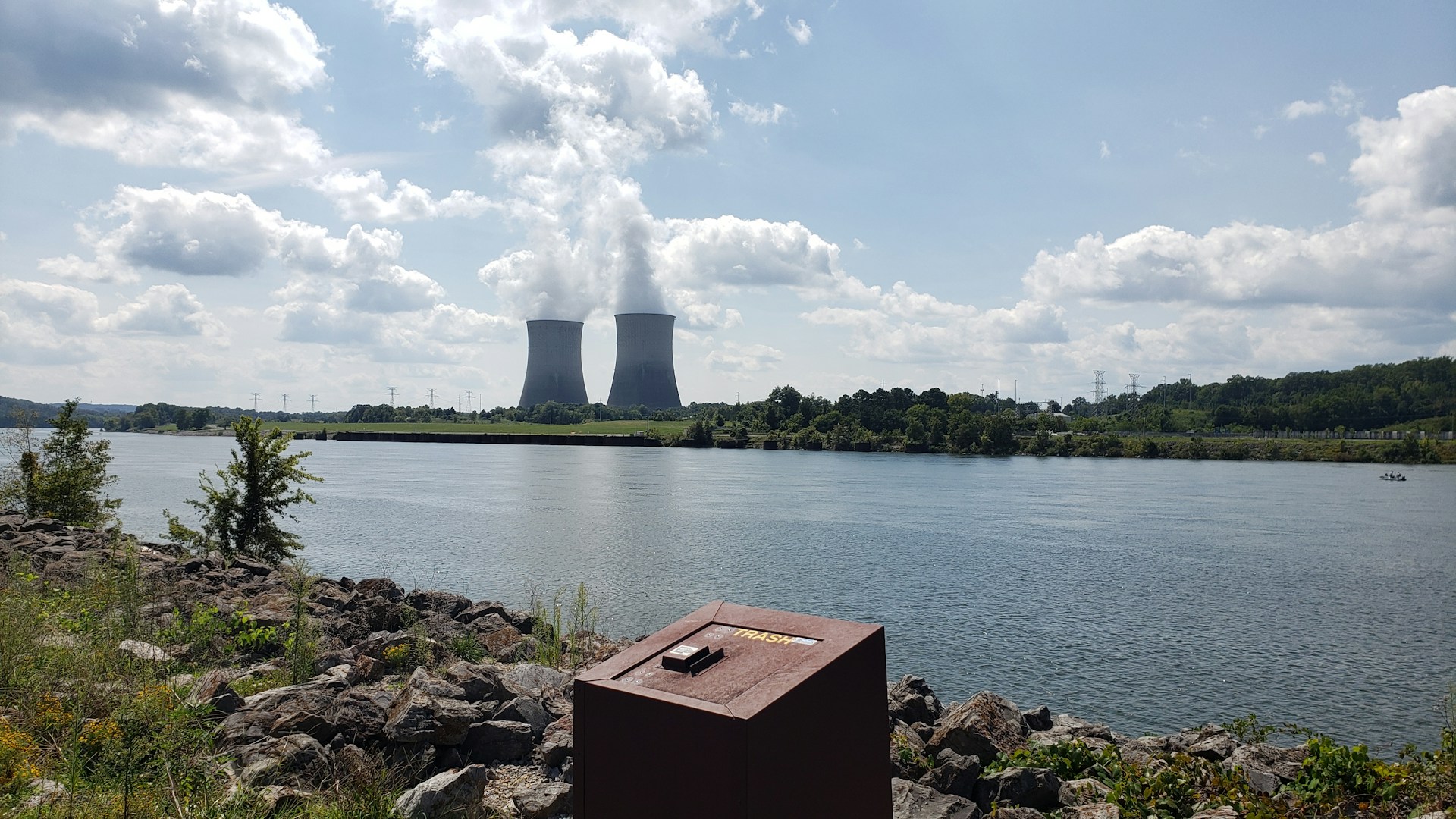Data centres, long the challenge posed by the energy demands of tech industry. These facilities are becoming increasingly critical to the power needs of cloud computing, cryptocurrency, and AI applications that continue to grow in dependence. Swiss startup Deep Atomic, creator of the MK60, a small modular reactor (SMR) specifically developed for data centres, recently entered the fray.
The MK60 SMR is a unique light water SMR offering 60MW electrical power and 60MW of cooling integrated in one package. The dual capability nature means that it’s a good fit for a line of business that’s demanding of data centre power, giving twenty four hours, zero carbon power. William Theron CEO of Deep Atomic says MK60’s aim is to alleviate the energy bottleneck facing digital infrastructure, making it possible to build data centres even in areas which are off the grid.
“Data centres are the backbone of digital innovation, but their massive energy needs have become the critical bottleneck blocking growth,”
said Theron, emphasising the significance of this new development.
Head of engineering Freddy Mondale put the focus on the reactor’s ability to operate on its own from conventional power grids.
“Our on-site reactors bypass these grid limitations, allowing DCs to be built in optimal locations without straining existing infrastructure. The MK60 provides ‘firm energy’; dispatchable, always-on electricity 24/7, regardless of weather conditions or grid instability,”
he noted, pointing out the advantages of a decentralised power model.
At the same time, the modular nature of the MK60 enables scaling of the facility from a single 60MW reactor to even larger configurations in excess of 1GW. Mondale claims this scalability scales well between size and flexibility, and
“large enough to power significant compute infrastructure, yet small enough to allow for modular deployment and scaling”
Nuclear technology has gained broader interest within the tech community, the timing of Deep Atomic’s announcement. Signs of the trend toward diversifying the energy base to meet sector sustainability goals are reflected in deals signed by companies including Google, Amazon and Equinix. Earlier this month, Google struck a deal with Kairos Power to begin deploying advanced SMRs by 2030 and Amazon did the same with X energy. The boldness of these initiatives is testament to the aggressive new momentum of nuclear integration to underwrite the massive, constant power needs of our digital economy.
As the tech world grapples with increasing energy demands, innovations like the MK60 could play a pivotal role in shaping a cleaner, more reliable energy future, offering a path to sustainable and scalable digital growth.

Hassan graduated with a Master’s degree in Chemical Engineering from the University of Chester (UK). He currently works as a design engineering consultant for one of the largest engineering firms in the world along with being an associate member of the Institute of Chemical Engineers (IChemE).



